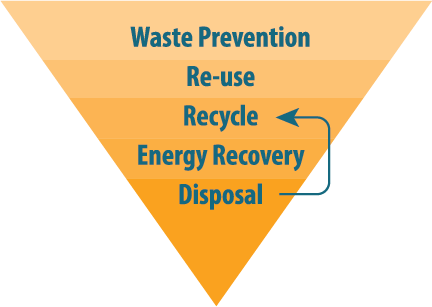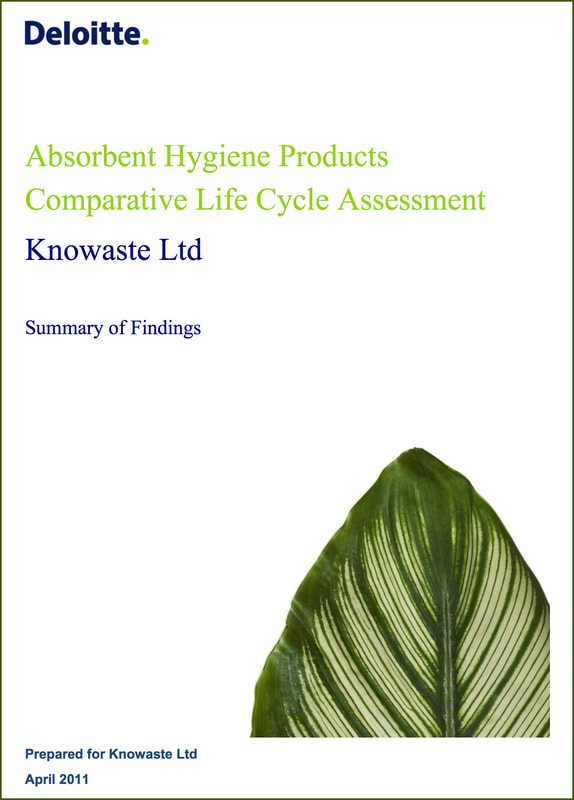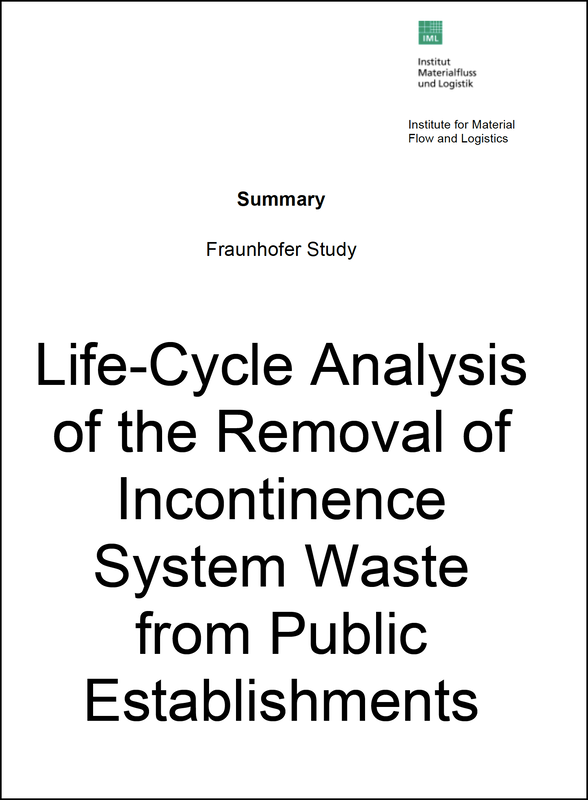Today, more than 96 per cent of parents use disposable diapers (verses cloth) for convenience. A child in diapers will generate approximately one ton of diaper waste prior to being toilet trained. The Sierra Club estimated that 18 billion disposable diapers are generated annually in the United States, using up four per cent of landfill space (according to U.S. EPA). In addition to diaper waste, the large (and growing) number of aging people using absorbent hygiene products (AHP) of various kinds contributes further to the problem.
Now, there is a solution to this problem: Ontario-based Knowaste’s recycling system. Established in 1989, Knowaste operates in Canada, the United States, the Netherlands, Germany, UK, Japan, Korea Israel, and Australia). The company has patented technologies for the recycling of absorbent hygiene products, including disposable baby diapers, incontinence products and disposable bed liners, into sanitized reusable paper pulp and plastic components.
Now, there is a solution to this problem: Ontario-based Knowaste’s recycling system. Established in 1989, Knowaste operates in Canada, the United States, the Netherlands, Germany, UK, Japan, Korea Israel, and Australia). The company has patented technologies for the recycling of absorbent hygiene products, including disposable baby diapers, incontinence products and disposable bed liners, into sanitized reusable paper pulp and plastic components.
Life Cycle Assessment of the Knowaste ProcessKnowaste is actively tackling climate change by reducing greenhouse gas emissions compared to landfill and incineration. In a study done in the UK in 2010, Deloitte reported on Knowaste’s environmental performance following the commissioning of a Life Cycle Assessment (LCA) of the Knowaste process compared to landfill and incineration – the usual disposal methods for absorbent hygiene wastes.
The results of the LCA, peer reviewed by a panel led by Dr Richard Murphy of Imperial College Consultants, were significant and demonstrate that the Knowaste recycling process is a lower eco-footprint alternative to landfill and incineration.
Knowaste joins other waste treatment operators in providing solutions that operate at a higher level of the waste hierarchy and which, along with waste prevention, can benefit the environment. The Knowaste process is evolving and since the 2010 LCA was commissioned, Knowaste have confirmed the quality of their output materials such that the fibers, instead of being gasified for energy generation, will be sold to re-processing and manufacturing sectors. The LCA shows that the most significant environmental benefit is derived from reusing materials that would erstwhile go to waste and which can now replace virgin sources.
Working with Knowaste technology, the only company to make use of the valuable resources within the AHP waste stream, your customers and suppliers can be confident that they are actively tackling climate change. |
" ... diapers, together with the residual waste, disappear into a waste incinerator and thus into the atmosphere. We choose a different solution. Better. Cleaner. Circular in the long term.
Edwin Verhoef, Diaper Recycling Eurpoe




